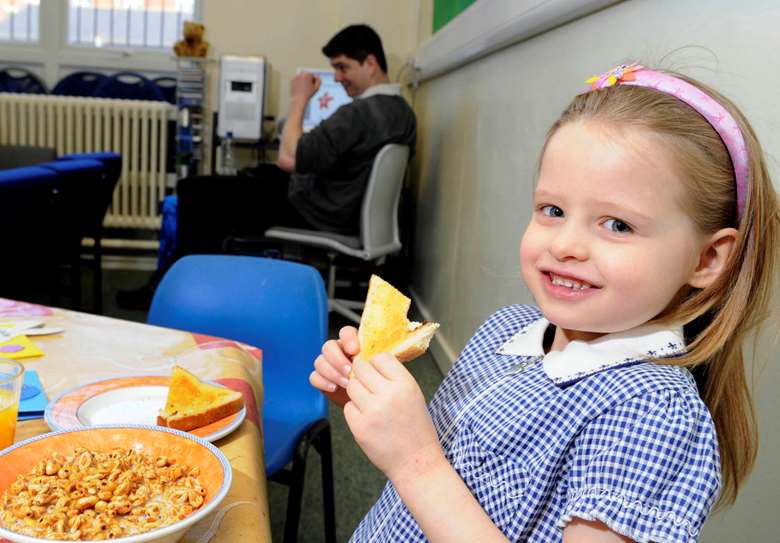Breakfast clubs linked to improved pupil attainment
Jess Brown
Thursday, November 3, 2016
Attending free breakfast clubs improves disadvantaged pupils' academic performance, according to a study by the Education Endowment Foundation (EEF).

The education charity found that eating a meal at, or just attending, a breakfast club improved the performance in maths and English of pupils aged six and seven by two months.
The study involved 8,600 children from 106 English primary schools with higher than average numbers of disadvantaged pupils.
They attended breakfast clubs over a year, and the impact was independently evaluated by the Institute for Fiscal Studies and National Children's Bureau.
It found improvement in the academic performance, behaviour and concentration of pupils involved, compared to a group whose schools did not run breakfast clubs.
The breakfast club, implemented by charity Magic Breakfast, attributed the improvements to nutritional benefits and also better classroom environments.
The government announced it will invest £10m a year on healthy breakfast clubs as part of its plan to tackle childhood obesity, and the EEF said the introduction of a free, universal breakfast club in all schools would be a cost-effective way to raise pupil attainment.
Sir Kevan Collins, chief executive of the EEF, described the fact that some children still went to school hungry as "a national scandal".
"Offering free breakfasts at school is a relatively cheap and straightforward way of alleviating this symptom of disadvantage," he said.
"Not only does a good breakfast provide all young people with a nutritious start to the day, but well-run breakfast clubs have the potential to boost attainment and behaviour too."
Carmel McConnell, chief executive of Magic Breakfast, said: "If we as a nation are serious about tackling educational underachievement, this evidence shows the Magic Breakfast model of low- or no-cost nutritious school breakfasts, targeting those most in need, really works.
"It's time to embed this approach and gain that same classroom success for every vulnerable child."




